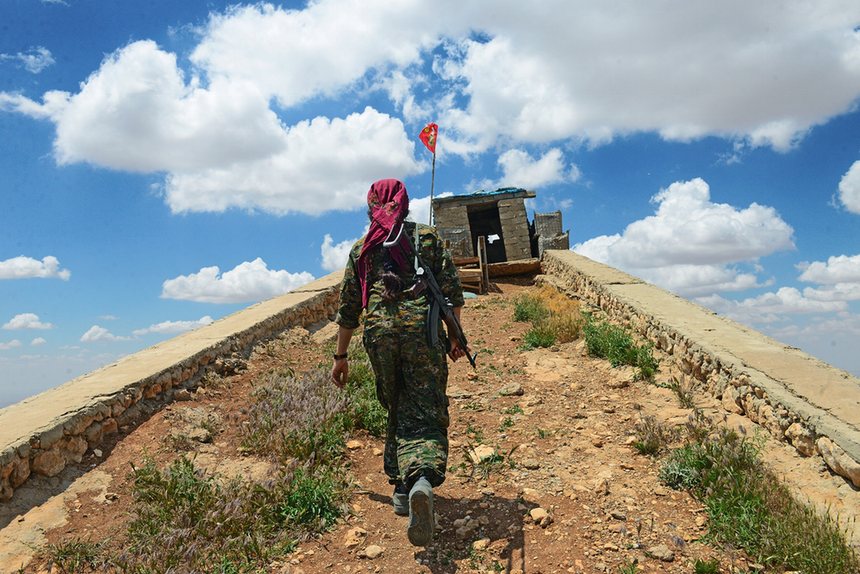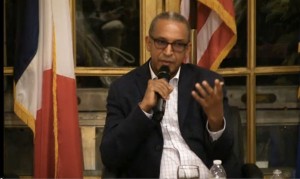Do you remember when we used to go and dance at those punk rock shows/it feels so…long ago/do you remember that night when that skinhead threatened me with my life/ you should have realized right then…that something…something went quite right/we were just teenagers, looking for a scene/based upon simplistic notions of equality/oh ain’t it a fucker when you discover fuck when you discover that it’s all based upon slightly altered versions of the same old crap. —The Casual Terrorist
Nine Theses/Nine Lives
1. When did the Enlightenment die? 2. What I really mean is, When did the Enlightenment die for the left? 3. (And I don’t mean the so-called “White Jacobin” left, the left of white terror, which takes as a pseudo-Leninist occasion the alt-right mainstreaming of Foucault and the Thule Society to declare themselves the sole bearers of the torch of the Sokal Affair: though naturally there’s always a bridge, a hallucinogenic path, between fascism and the Enlightenment, and that bridge could be called John Locke or Jorge Luis Borges, Vilfredo Pareto or Peter Thiel’s hemophilia).

